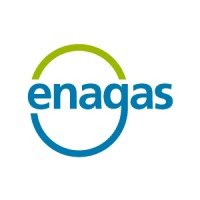Towards a European and French backbone for hydrogen

After France, Spain and Portugal joined forces to launch H2Med last December, Germany is joining the infrastructure project for the transport of low-carbon hydrogen in Europe.
In concrete terms, the aim is to transport renewable hydrogen from the Iberian Peninsula to France, Germany and the rest of Europe by 2030. The aim is to provide a supply solution that fosters Europe’s energy independence and carbon neutrality, as President Emmanuel Macron reminded on 23 January at a joint press conference with German Chancellor Olaf Scholz.
The H2Med project provides for the development of a hydrogen interconnection between Portugal and Spain (Celórico-Zamora) as well as the development of a maritime gas pipeline, called BarMar, connecting up Spain (Barcelona) and France (Marseille). GRTgaz, Enagás (Spain’s transmission company), Teréga (a transmission company based in south-west France) and REN (the Portuguese transmission operator) signed a memorandum of understanding on December 13 to work on the BarMar link. For GRTgaz, the inclusion of Germany in the H2Med project puts the French hydrogen backbone project (HY-FEN) on its launch pad.
This agreement to extend the hydrogen pipeline comes as a result of discussions between the French, Spanish, German and Portuguese governments, helped by their shared vision, as the Spanish Energy Ministry pointed out. The transport of hydrogen and the necessary infrastructure at the national and transnational level will also be governed by a common regulation at the European level, as emphasised in the joint Franco-German declaration on the energy transition.
From as early as 2030, H2Med will be able to transport around two million tonnes of hydrogen to France each year, i.e. 10% of the European Union’s estimated hydrogen needs.
